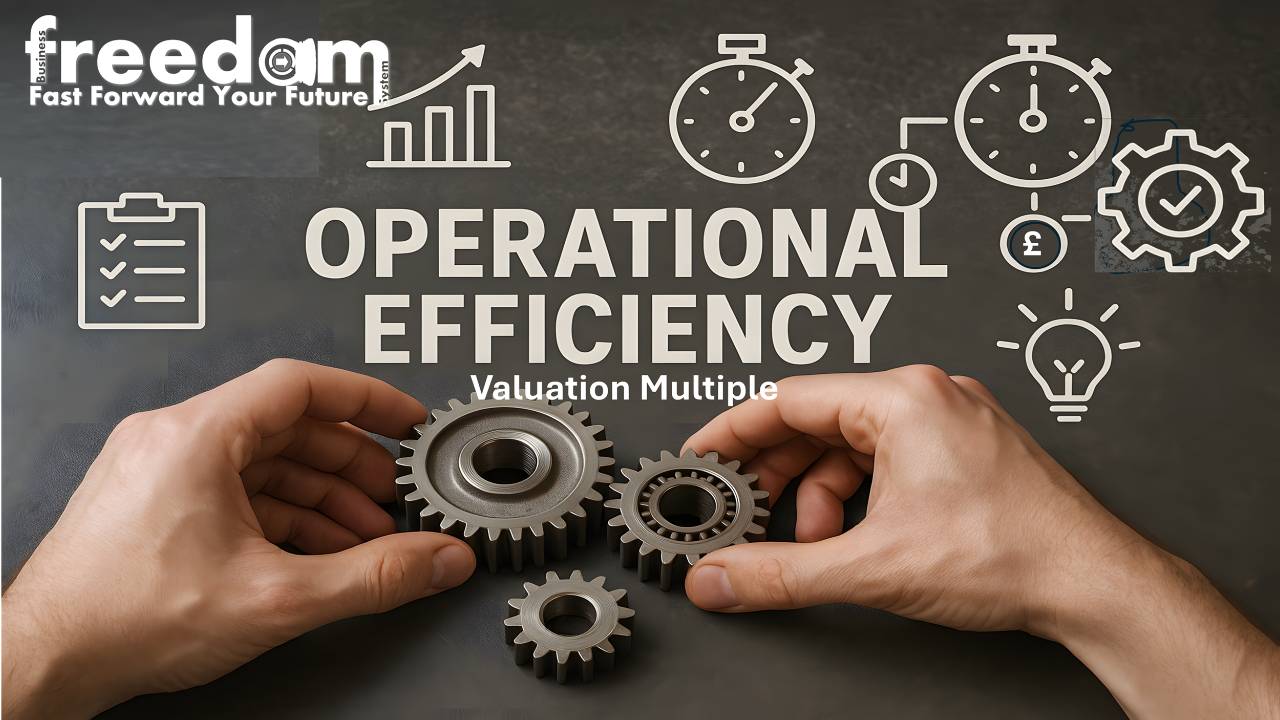Most businesses don’t suffer from financial inefficiency.
They suffer from operational design inefficiency that only shows up in the numbers later.
I see it in growing owner-led companies.
The difference is never effort; It’s operational clarity.
Here’s the pattern:
Margins don’t leak because leaders ar...
Resistance isn’t the enemy; it’s information.
It’s a signal. A story. A signpost pointing to fear, unmet needs, or values clashing with the current direction.
The mistake many leaders make is to fight resistance with logic, pressure, or silence. But the real skill lies in reframing it.
In this bl...
In this article, I’ll unpack three key behavioural shifts leaders must make to drive real cultural change. These shifts form the foundation of what we call the “Performance as a People Model©”... A broader framework that also identifies seven leadership conditions essential for building people-power...
When stepping into an interim management role—whether for a business turnaround, factory start-up, or merging cultures in a complex acquisition—the stakes are always high. Time is limited, the challenges are immediate, and the solutions must balance people, processes, and culture.
These unusual sce...
In the Assertiveness-Duality Continuum, we explored the delicate balance between extremes of being "too nice" and "too aggressive." At the centre lies the assertive leader, integrating empathy and assertiveness to foster trust and accountability. But can all leadership styles naturally align at this...
The Assertiveness Duality Continuum

This duality continuum reflects a spectrum of leadership styles and interpersonal dynamics, emphasising the balance between extremes of being "too nice" or "too aggressive." Here’s how we can describe either side of this continuum:
Left Side (-5 to 0): The Dom...
Imposter Syndrome—the pervasive feeling of being a fraud despite evident success—affects a significant portion of high achievers. This phenomenon can hinder professional growth, mental health, and leadership effectiveness. Let’s delve into the neuroscience underlying imposter syndrome, its impact on...
Leadership is about navigating complexity, balancing strength with empathy, and staying authentic while adapting to challenges. In this 4-part series, we’ll explore the foundational elements of modern leadership—assertiveness, emotional intelligence (EQ), and the ability to find balance in every sit...
Unveiling How Strategy, Goals, and Cultural Frameworks Fit Together to Enhance Organisational Experience – Derek Mair
Building a high-performing organisation requires more than just setting ambitious goals. The alignment between strategy, goals, and culture plays a critical role in shaping not only...
In many organisations, especially those prioritising safety, quality, or strict regulations, the culture can lean heavily on managed compliance. Compliance is crucial, no doubt—rules and procedures safeguard both people and operations. But what happens when the organisational culture is driven solel...
Companies today are twisting themselves in knots trying to figure out how to engage their employees more.
The fundamental flaw in this endeavour is that it’s not about trying to engage them, its about energising them so they ‘choose’ to be more engaged.
In today's competitive business environment,...
At the very foundation of the human psyche is this simple fact:
🔥 The need to be congruent with who you identify yourself as in different situations.
In order to have something like an amazing business, you need to develop the beliefs, values and identity of an amazing leader / business owner.
You nee...













